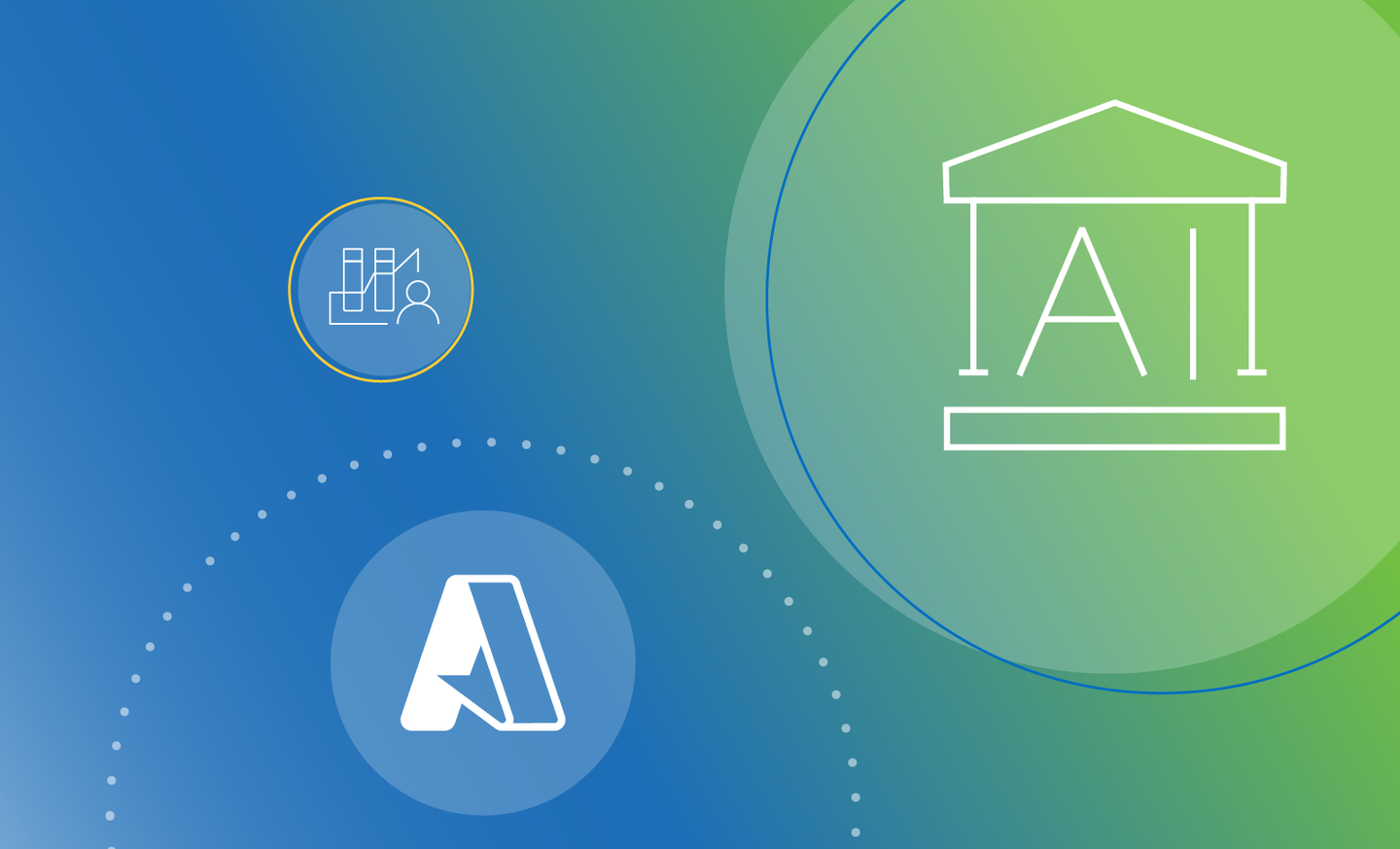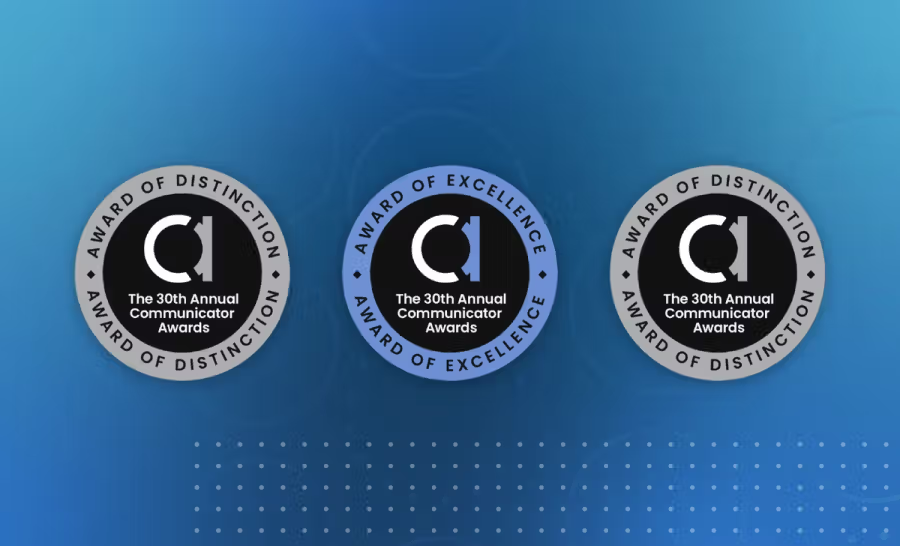From innovation to accountability: Collibra Azure AI Foundry Integration helps enterprises govern AI agents and models at scale—without slowing delivery

The hype surrounding emerging agentic AI is driving rapid experimentation, but also misapplication. As organizations rush to explore the promise of autonomous AI agents, many projects stall in the proof-of-concept phase due to rising complexity, unclear business value, and a lack of risk controls. Gartner predicts that by 2027, over 40% of agentic AI projects will be canceled for exactly these reasons.
Meanwhile, platforms like Azure AI Foundry are accelerating development, empowering data scientists to build and deploy AI agents at scale. But with this speed comes heightened responsibility. Enterprises face mounting pressure to align rapid AI development with strict requirements for data reliability, privacy and traceability.
That’s why Collibra is partnering with Microsoft to integrate Azure AI Foundry into its AI Governance capabilities, with a particular focus on AI agents. This integration brings enterprise-grade governance — reliability, traceability and compliance — into the AI development lifecycle. From ideation to deployment, organizations gain the clarity, accountability and confidence they need to scale AI responsibly from day one.
“Scaling AI responsibly means finding the right balance between innovation and oversight. That’s why we’re excited to welcome Collibra’s integration with Azure AI Foundry — bringing enterprise-grade governance capabilities such as reliability, traceability and compliance that empower our customers to drive strong business outcomes with confidence,” said Erik Kerkhofs, Microsoft ISV Western Europe Director.
What makes the Collibra AI Governance integration with Azure AI Foundry unique
The Collibra integration with Microsoft Azure AI Foundry is designed to close a critical gap: the disconnect between fast-moving AI development and the slower, fragmented enterprise governance processes. It brings Collibra’s enterprise-grade data and AI Governance platform, already trusted for data policy, lineage and privacy, directly into the workflows of Azure AI Foundry.
Unlike traditional post-development controls, this integration embeds reliability, traceability and compliance into the AI lifecycle from the start. The result is a seamless bridge between innovation and oversight, enabling governance leaders, data scientists and privacy teams to operate in lockstep across even the most complex AI initiatives.
Challenge 1: Ensuring AI reliability
AI systems can only be as trustworthy as the data, context and policies behind them. Yet in fast-moving development environments, governance is often seen as a bottleneck, skipped or addressed too late. The result: models that are difficult to validate, explain or trust.
This creates significant risk for governance leaders, who are ultimately accountable for ensuring the organization’s AI meets internal standards and external obligations. But they can’t do it alone. Achieving AI reliability requires close collaboration between governance, privacy, risk, business and data science teams—each bringing a critical piece of the puzzle.
✅ How the Collibra integration with Microsoft Azure AI Foundry can help: The integration ensures that AI models built and deployed via Azure AI Foundry are connected to enterprise governance from the start. Collibra enables governance teams to define policies, curate approved datasets and provide business context, all of which can be referenced during model development in Azure AI Foundry. Governance leaders can define rules and standards in Collibra, while data scientists working in Azure AI Foundry can access trusted data and comply with enterprise requirements. Business and risk stakeholders benefit from greater transparency into how models are developed and how decisions are made, ensuring governance and innovation go hand in hand.
Example: A financial services governance leader utilizes Collibra to establish data usage policies that align with regulatory standards. As data scientists in Azure AI Foundry build credit risk models, flagging the use of sensitive attributes and requiring documented approvals. Business leaders can review and validate the model’s scope, and privacy teams are notified of any changes to data classification. Everyone operates from a single source of truth, and the model moves to production with transparency, alignment and trust built in.
Challenge 2: Maintaining AI traceability
As organizations scale AI, they face a growing challenge: understanding what’s been built, how it works and who owns it. AI models often evolve quickly, with iterations spread across teams and environments. When those models become critical to operations, a lack of traceability becomes a major liability.
This is especially true for data scientists, who often build high-value models only to see them disconnected from governance, undocumented or misused without context. It’s not just a governance issue—it’s a productivity loss.
✅ How the Collibra integration with Microsoft Azure AI Foundry can help
Every model or agent developed in Azure AI Foundry is now registered and ready to be governed in Collibra. For each model, Collibra captures key metadata including model type, performance metrics, data inputs and ownership. For agents, we also register the agent type and its operational instructions.
Most importantly, we automatically link each agent to its underlying model, providing governance, risk, and business stakeholders with a clear view of how AI is being developed and deployed. This unified view includes lineage, input/output traceability, and ownership, ensuring that data scientists get credit for their work while providing the transparency needed to assess usage, manage changes and investigate downstream impacts.
By surfacing this information in one place, Collibra breaks down silos and fosters collaboration across teams—from technical to business—enabling trustworthy and scalable AI.
Example: A supply chain data scientist develops a forecasting model using Azure AI Foundry. As the model and its corresponding agent are deployed, Collibra automatically captures and links key metadata—including model type, performance metrics, data inputs, agent type and agent instructions—into a centralized AI governance registry. Lineage, ownership and dependencies are also recorded.
Six months later, when the agent’s output is flagged for bias, the team can instantly trace the issue back to the underlying model, review its inputs, understand the agent logic, and make targeted adjustments—without guesswork or delay. This end-to-end visibility ensures accountability, accelerates resolution, and supports responsible AI practices.
Challenge 3: Meeting growing and often complex privacy and compliance requirements
Global AI regulation is becoming more demanding—and more specific. From the EU AI Act to industry-specific mandates, organizations must comply and prove compliance across their AI portfolio. The challenge is that privacy controls are often separated from model development workflows, leaving gaps in enforcement and auditability.
For privacy leaders, this creates blind spots that can quickly lead to exposure, especially when sensitive data is used in your AI Use Cases.
✅ How the Collibra integration with Microsoft Azure AI Foundry can help: With Collibra AI governance coupled with Azure AI Foundry, privacy and legal controls are integrated into the AI lifecycle. Sensitive data is flagged, usage is monitored and policies are applied. Using assessments and signoff, privacy teams can define and enforce guardrails that shape how models are built, without needing to manually monitor every project.
Example: A healthcare company’s privacy lead uses Collibra to apply patient data classification rules across all projects in Azure AI Foundry. If a model developer attempts to use a dataset containing identifiable health information, the platform blocks the action and alerts the data owner and privacy team. This prevents policy violations before they occur, protecting the organization from regulatory and reputational risk.
Helping Azure AI Foundry-powered AI use cases to grow with confidence
The integration between Collibra and Microsoft Azure AI Foundry allows organizations to take a unified, proactive approach to AI governance:
- Governance leaders ensure that all AI initiatives meet internal standards and regulatory obligations.
- Data scientists retain visibility, credit, and traceability for the models they build, without slowing down innovation.
- Privacy teams embed protections into AI workflows and manage sensitive data risk with precision.
Together, this approach transforms governance from a series of reactive controls into a foundational accountability system, aligned with how AI is built and deployed today.
Conclusion: AI use cases powered with Collibra and Azure are now ready to scale
As AI becomes a core driver of decisions, outcomes, and customer experiences, the cost of poor governance will only grow. Collibra’s integration with Microsoft Azure AI Foundry provides organizations with the tools to keep pace—not just with AI innovation, but also with the demands of reliability, traceability and compliance. For leaders tasked with enabling AI across the business, this integration represents a clear path forward: from complexity to clarity, from acceleration to accountability.
Related articles

AIMay 21, 2024
Collibra wins prestigious 2024 Communicator Award for AI Governance campaign

AIJuly 15, 2024
How to observe data quality for better, more reliable AI

AINovember 13, 2023
AI ethics and governance: responsibly managing innovation

AI GovernanceFebruary 28, 2025
AI agents: Build or buy, governance remains critical
Keep up with the latest from Collibra
I would like to get updates about the latest Collibra content, events and more.
Thanks for signing up
You'll begin receiving educational materials and invitations to network with our community soon.

